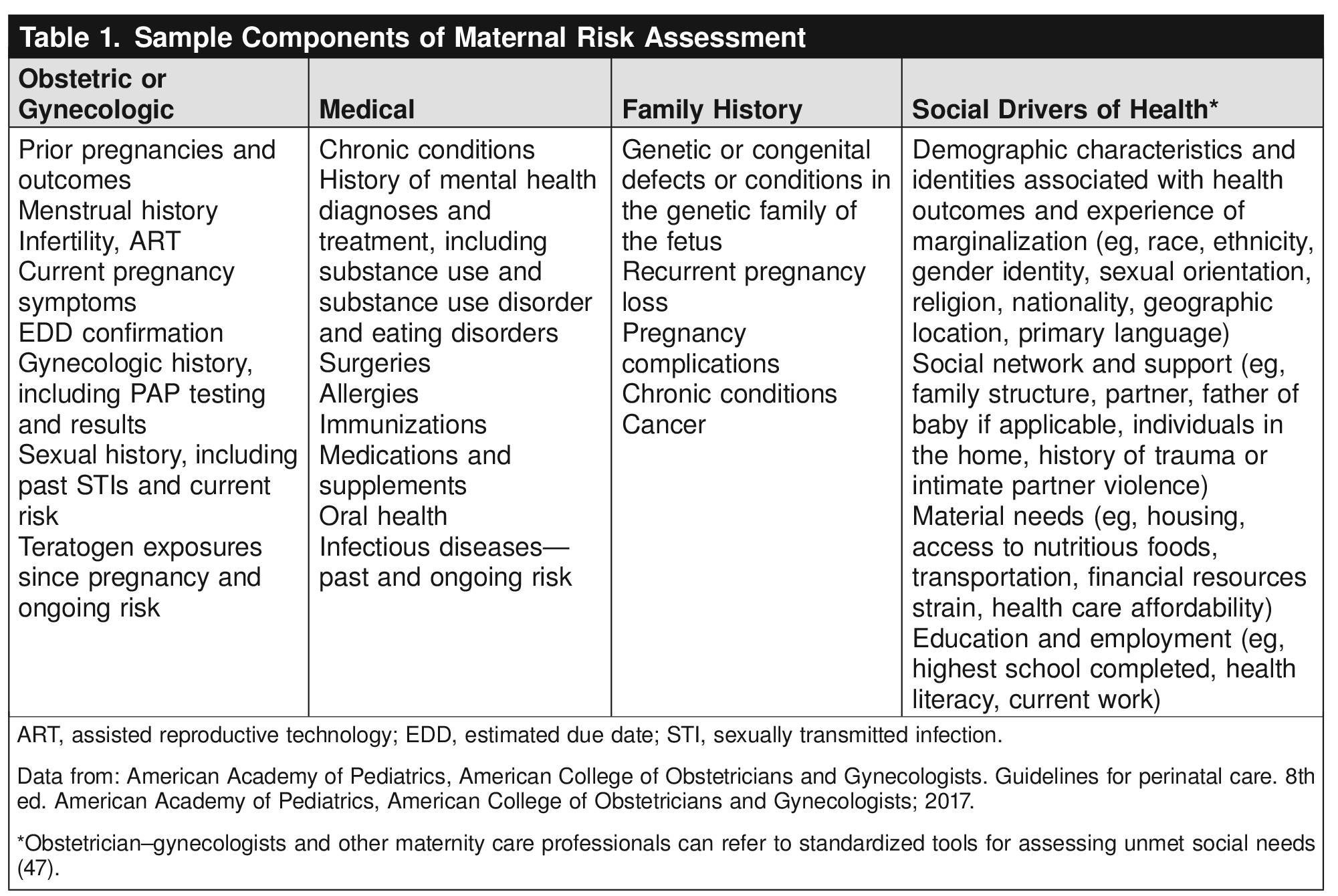New ACOG guidance for prenatal care
We can’t let this gift sit on a shelf | 3 min read
Well this is a nice, early Mother’s Day gift for maternal health 💐
The American College of Obstetricians and Gynecologists (ACOG) released new prenatal care guidance this month.
Today, most pregnant women—who are low- to average-risk—get 12-14 standard prenatal visits regardless of their needs.
Meanwhile, too many moms still experience mistreatment, racism, mental health challenges, unnecessary emergencies, and death. And 80% of the risk is tied to social and structural factors OUTSIDE the clinic–like housing, food, transportation, and trust.
This new model shifts prenatal care to preventing crises and building care around the patient.
What’s included:
🌟 Early screening for social drivers of health and mental health needs (see below for the full list).
🌟 Real support helping patients access housing, food, transportation, and other social services.
🌟 Stronger partnerships with care coordinators, social workers, and trusted community organizations.
🌟 Tailored visit schedules and flexible options--like telemedicine, group care, and home monitoring.
🌟 Closed-loop referrals between clinical and community services.
Tailored care doesn’t mean less care.
It means smarter, more intentional care–centered on the patient’s values and realities, catching risks early, and building trust.
This is how systems change starts. But we can’t let this gift sit on a shelf.
We still need:
📣 Tools for shared decision-making.
📣 Policies and payment for care coordination, social services, and home monitoring.
📣 Stronger community resource mapping.
📣 Payers, health systems, tech, and community working together to turn guidance into action. Check out ACOG’s FAQs for turning this into practice.
📣 Proof this model actually improves patient experience and reduces provider burnout.
Every mom deserves care built around her–not around the system.
